Understanding Capital Gains Taxes in Industrial Real Estate
As a business owner or investor in industrial real estate, it's important to have a thorough understanding of capital gains taxes. Capital gains taxes can have a significant impact on your investment returns and can sometimes be complex to navigate. In this post, we'll provide an overview of capital gains taxes in industrial real estate and offer some tips on how to manage them effectively.
What are Capital Gains Taxes?
Capital gains taxes are taxes paid on the profit generated from the sale of an asset. In the context of industrial real estate, this means the difference between the purchase price and the sale price of a property. Capital gains taxes can apply to both short-term and long-term investments, and the tax rate can vary depending on several factors.
How are Capital Gains Taxes Calculated?
The amount of capital gains tax owed is determined by several factors, including the length of time the property was owned and the tax bracket of the seller. Short-term capital gains (properties owned for less than a year) are typically taxed at a higher rate than long-term capital gains (properties owned for more than a year). Additionally, the tax bracket of the seller can impact the tax rate owed on the capital gains.
Tips for Managing Capital Gains Taxes in Industrial Real Estate
Consider Holding Properties for the Long Term
One way to minimize capital gains taxes in industrial real estate is to hold properties for the long term. By holding a property for more than a year, you may qualify for lower long-term capital gains tax rates.
Consider a 1031 Exchange
Another option for managing capital gains taxes is to utilize a 1031 exchange. A 1031 exchange allows you to defer paying capital gains taxes by reinvesting the profits from the sale of one property into the purchase of another similar property.
Consult with a Professional
Managing capital gains taxes in industrial real estate can be complex. It's always a good idea to consult with a professional, such as a tax advisor or industrial real estate broker, to ensure that you're making informed decisions.
Conclusion
Capital gains taxes can have a significant impact on your investment returns in industrial real estate. By understanding how capital gains taxes are calculated and implementing effective strategies for managing them, you can minimize their impact on your bottom line. Consider holding properties for the long term, utilizing a 1031 exchange, and consulting with a professional to ensure that you're managing capital gains taxes effectively.
